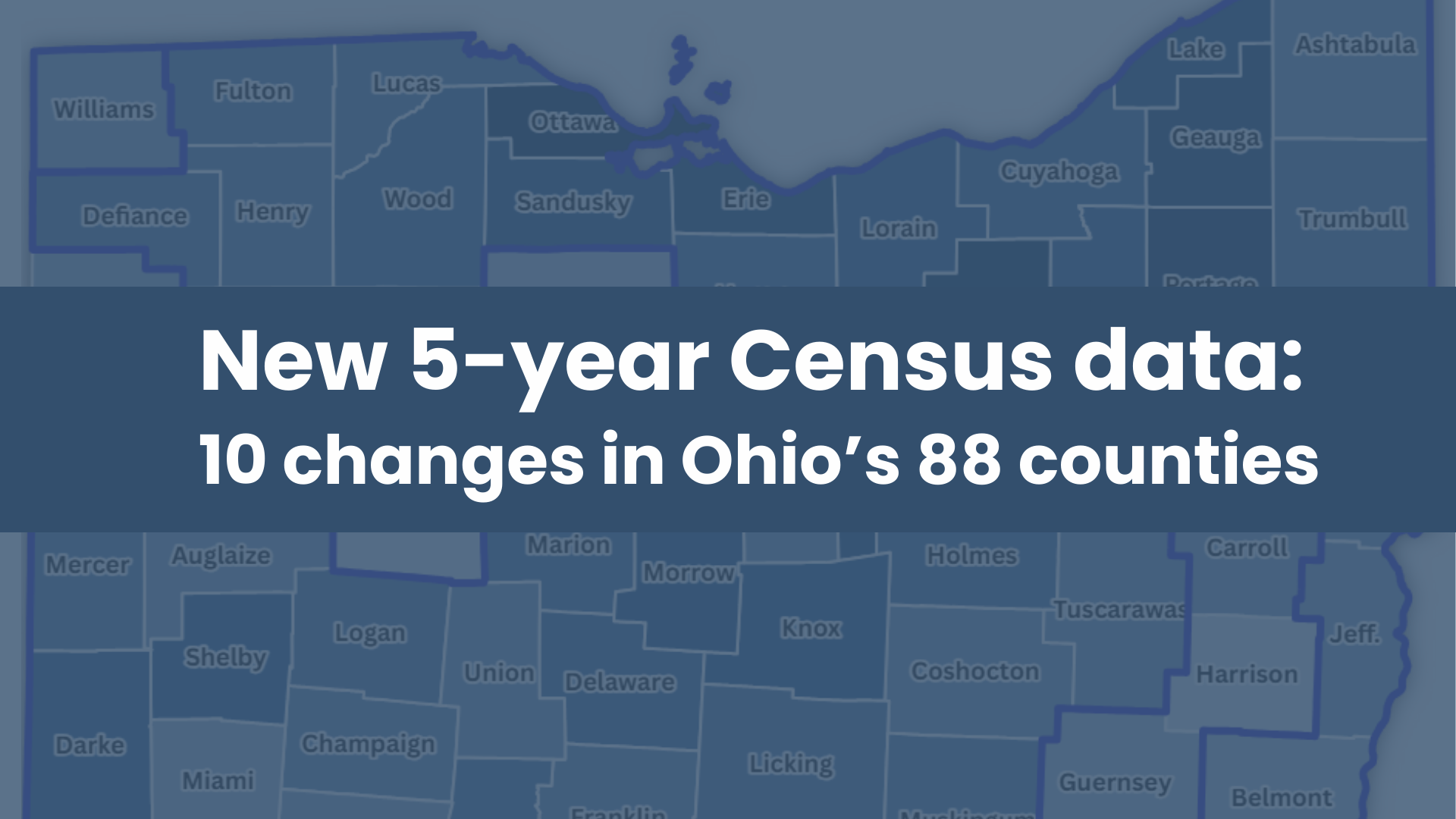In the last few months, I participated in several advocacy events: A February 25th event hosted by the Ohio Suicide Prevention Foundation, a March 19th event hosted by the Mental Health and Addiction Advocacy Coalition, and a March 25th event hosted by the Ohio Lead Free Kids Coalition. Throughout these advocacy events, I had the opportunity to speak with legislators during the budget process to make substantive asks related to behavioral health care (Mental Health and Addiction Advocacy Coalition), suicide prevention (Ohio Suicide Prevention Foundation), and lead mitigation (Ohio Lead Free Kids Coalition). With the House of Representatives passing HB96, now is an opportunity to reflect on key insights gained from advocacy during this portion of the budget.
This work is a marathon, not a sprint
Working in policy is often slow, incremental, and spans years of work and ongoing advocacy. In coalitional advocacy, legislative meetings are quick, straightforward discussions that inform the office on issues facing communities or individuals from certain populations. There is still more substantive work that should be done to successfully address and improve the wellbeing of vulnerable communities.
In coalitional advocacy, legislative meetings are quick, straightforward discussions that inform the office on issues facing communities or individuals from certain populations.
Remember to be flexible (and patient!)
The ability to have sufficient time to interface with legislators can vary due to busy schedules and other responsibilities. Sometimes the legislator is unable to attend scheduled meetings, and you would end up meeting with the aide instead. The legislator could also have to leave the meeting early before heading to committee or another scheduled event. These scenarios (and others) require advocates to pivot quickly and be patient to maximize the window of opportunity for advocacy.
It’s not enough to just talk with legislators
Talking with legislators is one of the many strategies in an advocate’s toolbox to improve the wellbeing of communities. However, work still must be done to consistently educate, support, and uphold the needs of recipients of health and social services, or those who are in need of them.
Remember the human side to this work
The programs, services, and protections that serve Ohioans are always central to the conversation as to how we can strengthen the state and vastly improve the wellbeing of Ohioans. Helping legislators understand this is important because it helps strengthen knowledge on whatever challenge is being addressed.
The ability to interface with legislators is a cornerstone opportunity of our democracy to make our voices heard.
Why is this important?
The budget season is an important time for advocates to get in the room with legislators and informing them on policy issues that are relevant to their work. The ability to interface with legislators is a cornerstone opportunity of our democracy to make our voices heard. Stay tuned to 5things as Community Solutions continues to advocate important issues and publish timely research.







